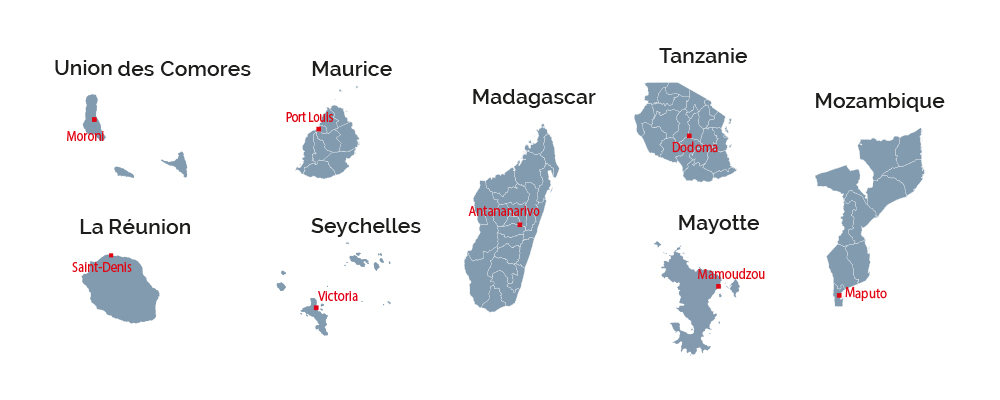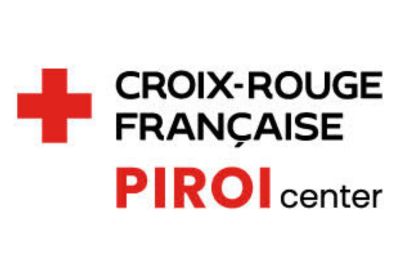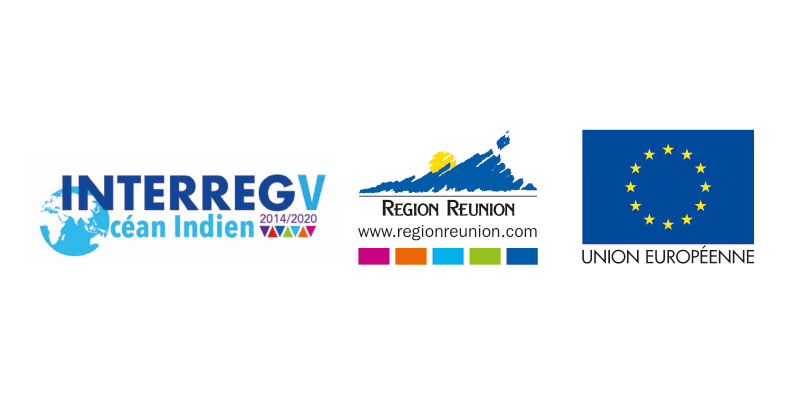Reducing disaster impact
Background
The increased frequency and intensity of natural hazards, partly linked to climate change, have not spared the inhabitants of the south-west Indian Ocean. According to an average across the last fifteen years, these events affect 1.3 million people in the region annually. Over the same period, they caused economic losses estimated at €2 billion (Source: CRED EM-DAT, 2020). Natural disasters have direct consequences for the accessibility of drinking water and housing. These hazards also have long-term implications, and jeopardise access to health, education, and food security in most of the south-west Indian Ocean’s countries and territories, which face structural development problems (poorly-developed infrastructure and public service, isolated markets, etc.), and share strategic issues due to their insularity.
Project description
Through this programme, PIROI contributes to improving the capacity of local populations and disaster risk management (DRM) stakeholders to sustainably respond and prepare for natural and health risks as well as the foreseeable effects of climate change in the south-west Indian Ocean.
Project start date: July 2021
Project end date: December 2022
Duration: 18 months
Regions concerned:

Project goals:
-
Improve the knowledge and skills of disaster risk management stakeholders about the threats related to natural hazards, health crises, and climate change
-
-
- Develop research and innovation at regional level
- Reinforce PIROI’s offer of training
- Share regional expertise between various regional and international stakeholders
-
-
Build the capacities of DRM stakeholders
-
-
- Make Red Cross and Red Crescent (RC/RC) DRM teams operational
- Optimise RC/RC teams’ logistical response capacities
- Support government stakeholders in implementing DRM actions
-
-
Inform and prepare south-west Indian Ocean communities about the risks
-
- Create and update prevention tools adapted to local specificities
- Prepare schoolchildren for disaster risks
- Implement preventive actions to strengthen the resilience of vulnerable communities
This project has been implemented thanks to financial backing from the European Union as part of the INTERREG V bis Indian Ocean programme, which aims to strengthen the regional integration of Reunion and Mayotte in the Indian Ocean, and to support the co-development issues of the region’s countries.

